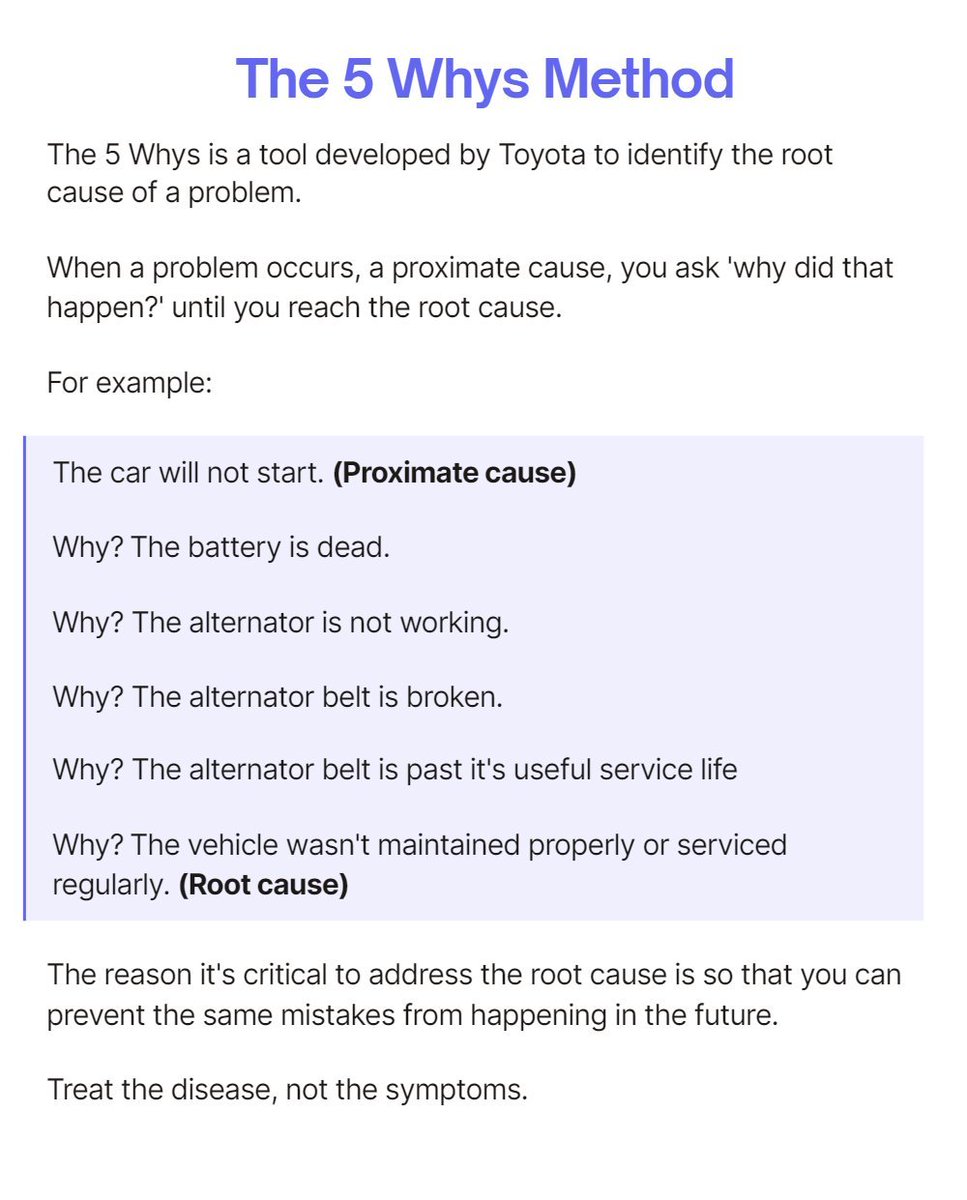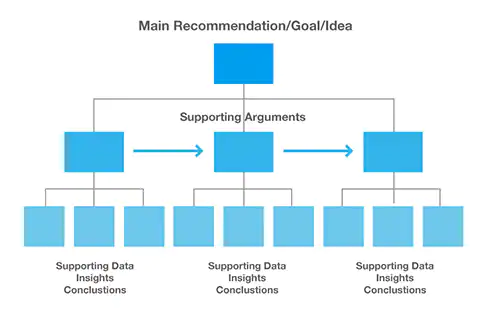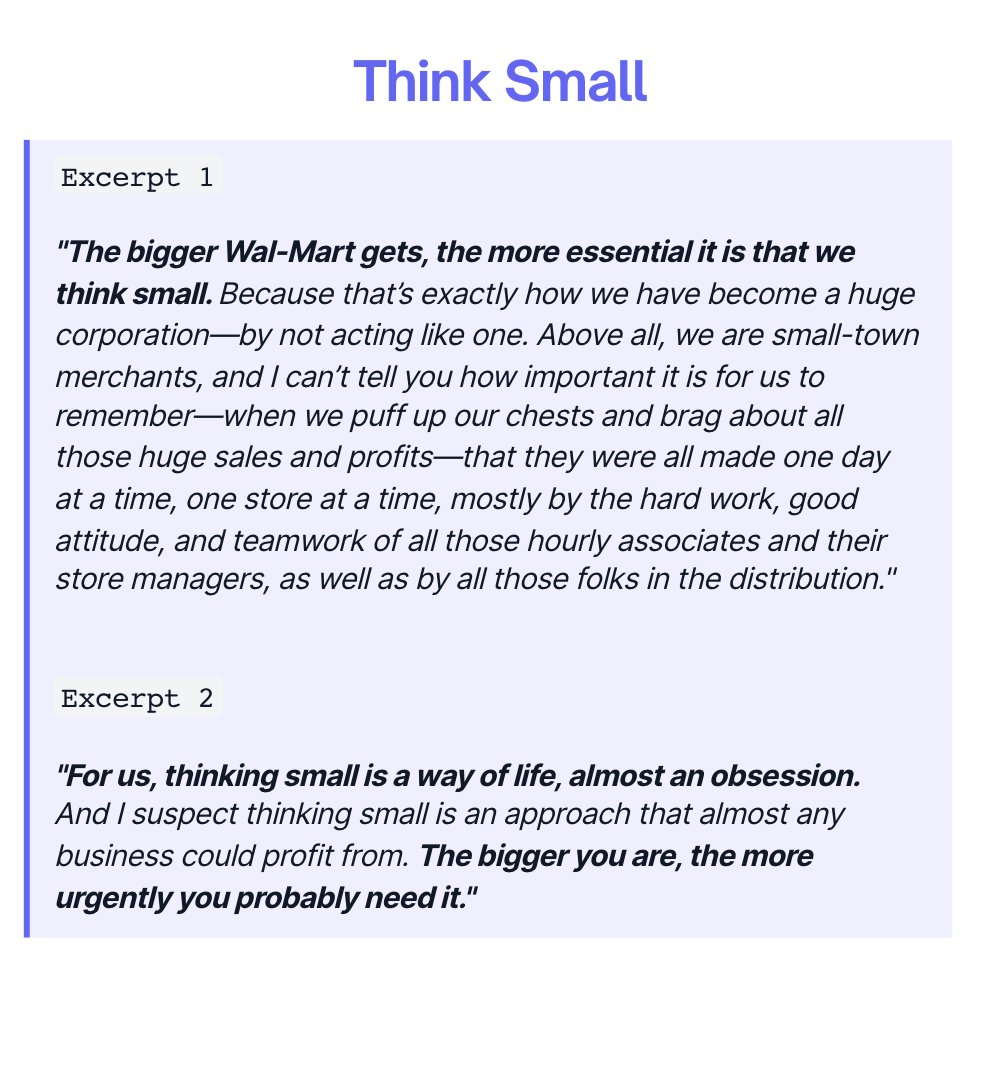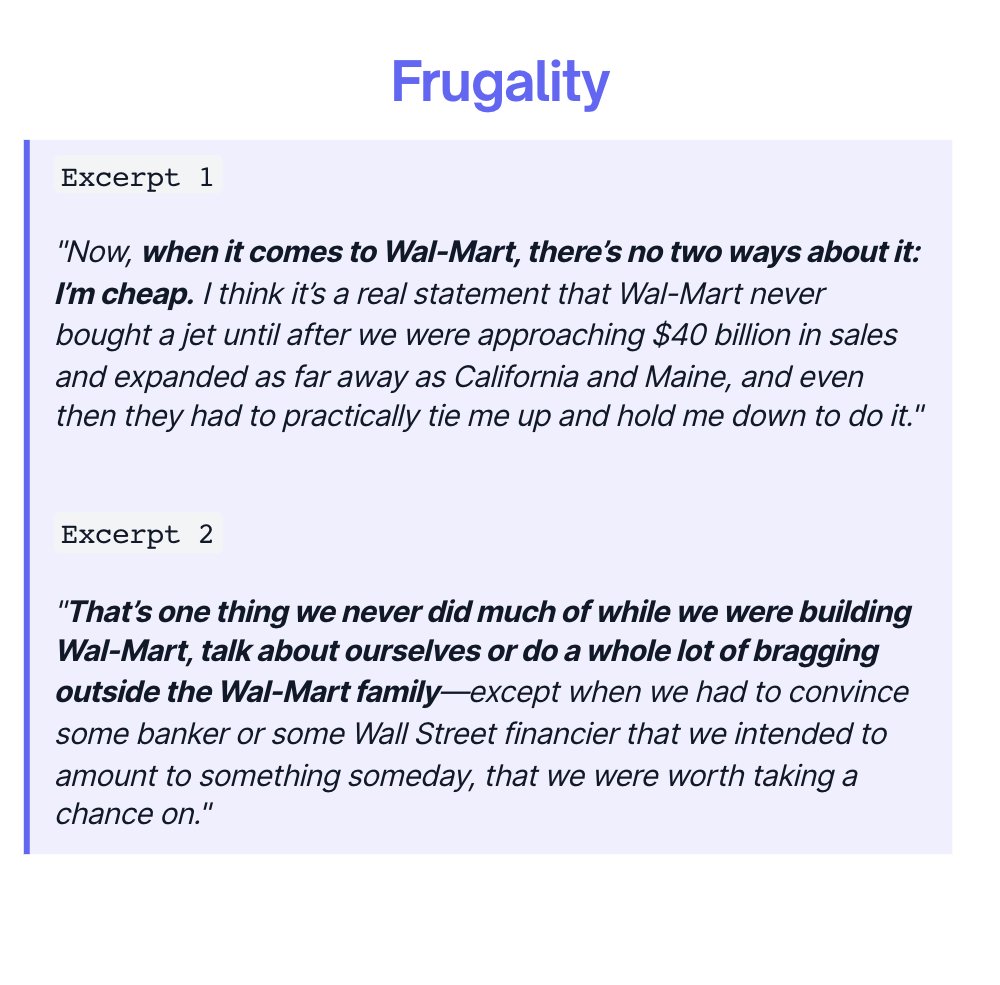
If you use it right, Google is the most powerful tool in the world.
But most of us aren't using it to its full potential.
Here are 9 Googling tips that will save you hundreds of hours:
But most of us aren't using it to its full potential.
Here are 9 Googling tips that will save you hundreds of hours:
Use “Site:”
Site: allows you to search a website for exact keywords.
For example, to search when Google has been mentioned on nytimes.com, use:
”Google site:nytimes.com”
Site: allows you to search a website for exact keywords.
For example, to search when Google has been mentioned on nytimes.com, use:
”Google site:nytimes.com”
Use “Quotation Marks”
This is equivalent to searching for the exact phrase.
Google search will return pages with only the same words in the same order as the quotes.
For example, “American Football” will NOT return results that contain just “American” or “Football.”
This is equivalent to searching for the exact phrase.
Google search will return pages with only the same words in the same order as the quotes.
For example, “American Football” will NOT return results that contain just “American” or “Football.”
Use “..”
By separating numbers with two periods, you’ll find numbers within that range.
For example, find history books that cost between $30 and $50.
”History books” $30..$50
By separating numbers with two periods, you’ll find numbers within that range.
For example, find history books that cost between $30 and $50.
”History books” $30..$50
Use “-”
A hyphen “-” will exclude the word following it.
For example, if you want to find non-apple laptops, you could search “laptops -apple”.
A hyphen “-” will exclude the word following it.
For example, if you want to find non-apple laptops, you could search “laptops -apple”.
Use “Filetype:”
Using your search term + “filetype:[insert file type]” will return the search in only that file type.
For example, “twitter annual report filetype:pdf” returns only pdf documents of Twitter’s annual reports.
Using your search term + “filetype:[insert file type]” will return the search in only that file type.
For example, “twitter annual report filetype:pdf” returns only pdf documents of Twitter’s annual reports.
Use “OR”
With “OR” you can perform two search queries at the same time.
For example, you can search for pages that reference Twitter, Facebook, or Instagram with Twitter OR Facebook OR Instagram.
With “OR” you can perform two search queries at the same time.
For example, you can search for pages that reference Twitter, Facebook, or Instagram with Twitter OR Facebook OR Instagram.
Use “AND”
With “AND” you’ll get only results that include both of the keywords.
For example, “Luis” AND “Ronaldo” will return results that have Luis and Ronaldo, not just Luis or Ronaldo separately.
With “AND” you’ll get only results that include both of the keywords.
For example, “Luis” AND “Ronaldo” will return results that have Luis and Ronaldo, not just Luis or Ronaldo separately.
Use “After”
”After” will return results for your keyword after a certain date.
For example, copywriting after:2021 will only return articles published on copywriting after 2021.
”After” will return results for your keyword after a certain date.
For example, copywriting after:2021 will only return articles published on copywriting after 2021.
Use “Before”
”Before” will return results for your keyword before a certain date.
For example, elon musk before:2021 will only return articles published on elon musk before 2021.
”Before” will return results for your keyword before a certain date.
For example, elon musk before:2021 will only return articles published on elon musk before 2021.
That's a wrap!
Follow me @_alexbrogan for more content like this.
Follow me @_alexbrogan for more content like this.
https://twitter.com/_alexbrogan/status/1591434437300224002
If you like improving your thinking, you will love my weekly newsletter.
I share mental models (weekly), high-quality links to the best content I find (monthly), and exclusive subscriber resources (a few times per year).
You can join here: alexbrogan.beehiiv.com
I share mental models (weekly), high-quality links to the best content I find (monthly), and exclusive subscriber resources (a few times per year).
You can join here: alexbrogan.beehiiv.com
• • •
Missing some Tweet in this thread? You can try to
force a refresh









